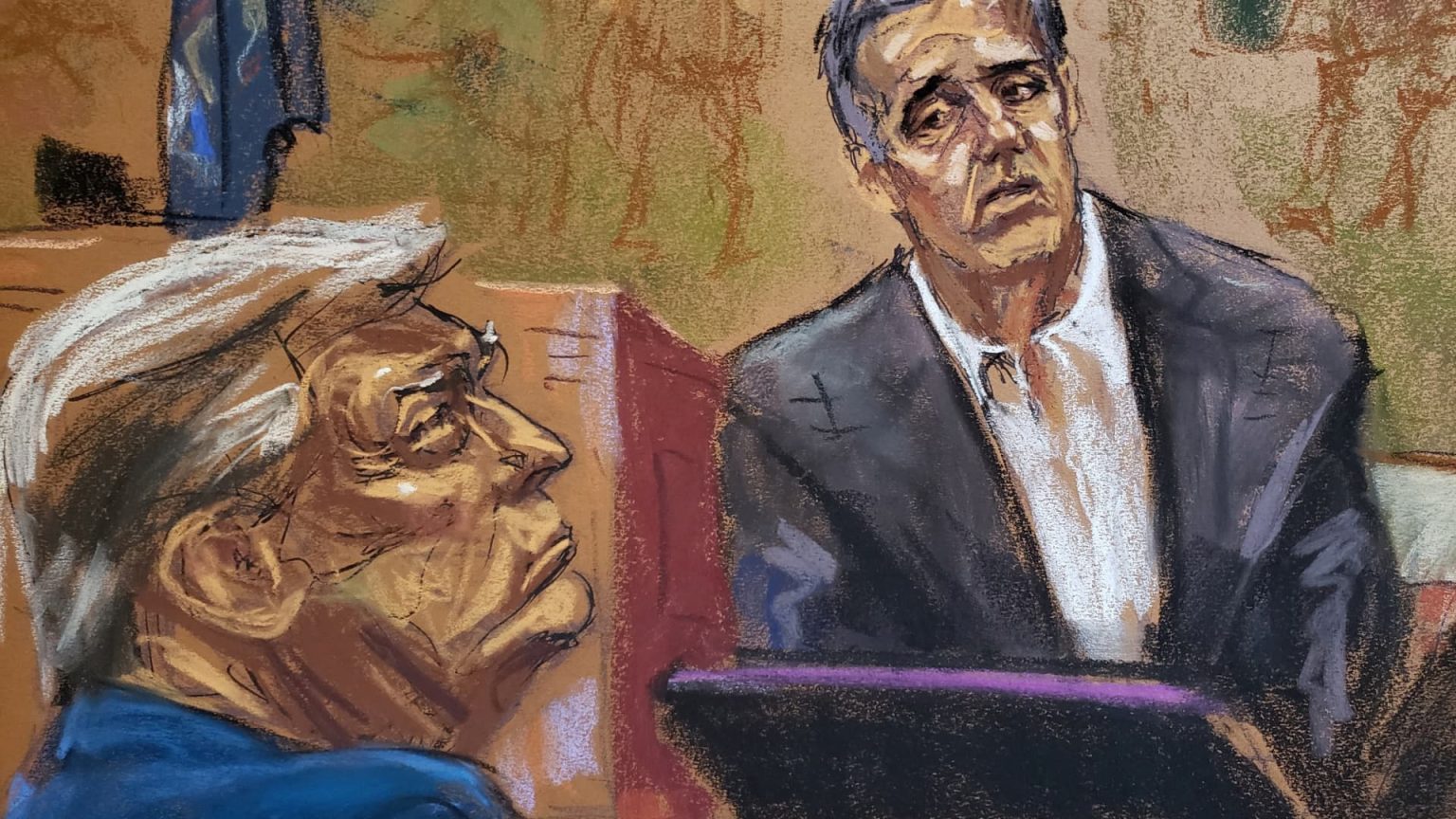Donald Trump recently made public statements on Truth Social targeting two likely witnesses in his upcoming New York hush money trial, pushing the boundaries of a gag order that restricts him from discussing such individuals. Trump questioned whether former prosecutor Mark Pomerantz and convicted felon Michael Cohen had been prosecuted for their actions. Cohen, who previously worked as Trump’s personal lawyer, is expected to be a key witness in the trial and has implicated Trump in hush money payments to two women in 2016. Pomerantz led the Manhattan District Attorney Office’s investigation into the payments before resigning in 2022.
Scheduled to begin jury selection on Monday, the trial will see Trump facing 34 counts related to falsifying business records to conceal a $130,000 payment to porn star Stormy Daniels in 2016. The trial start date was postponed to allow Trump’s legal team to review new documents related to the case. Judge Juan Merchan, overseeing the trial, imposed a gag order on March 26, which was later expanded after Trump repeatedly targeted the judge’s daughter for her work with a Democratic political consulting firm. Despite the gag order, Trump has continued to test its limits by making public statements about the case and the witnesses involved, including referring to Cohen and Daniels as “sleaze bags.”
In a previous trial in October, Trump was fined $10,000 for violating a gag order, indicating that he has faced consequences for his actions in the past. Trump has expressed willingness to go to jail for violating the current gag order and has compared himself to Nelson Mandela, a political leader who spent years in prison for opposing apartheid in South Africa. The trial is expected to shed light on the hush money payments made by Trump and his involvement in them, with Cohen likely to provide testimony implicating the former president. Trump’s public statements on social media have brought attention to the trial and raised questions about the extent to which he will adhere to the restrictions imposed by the court.


